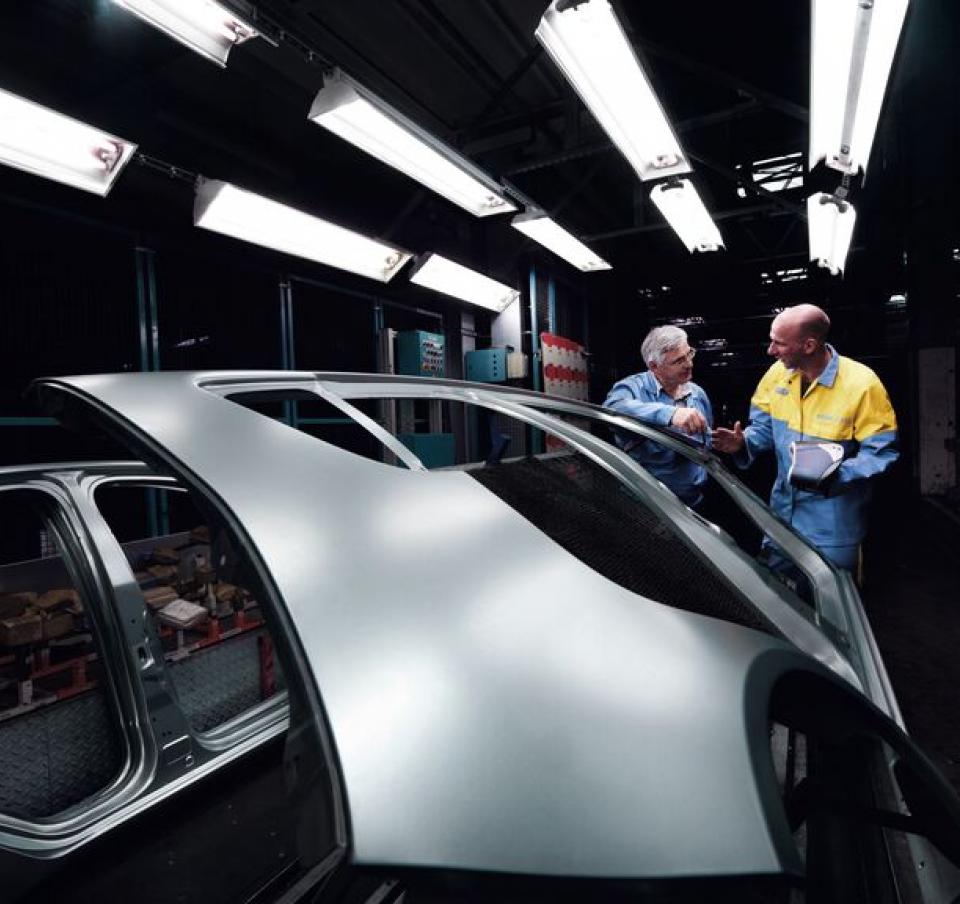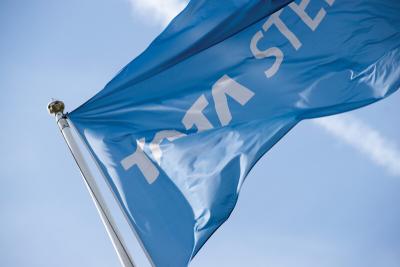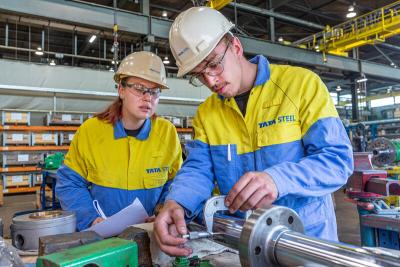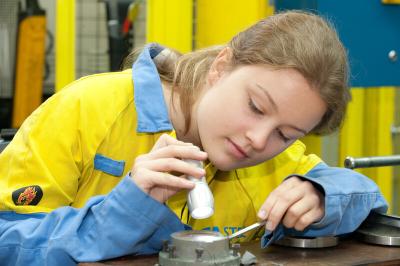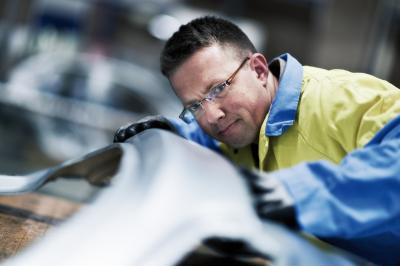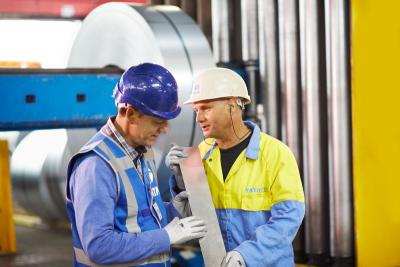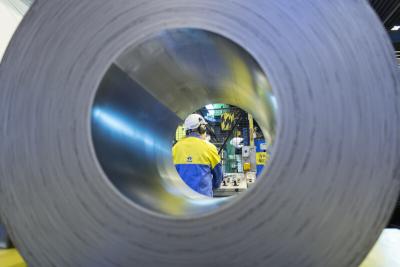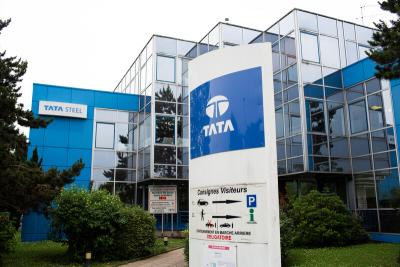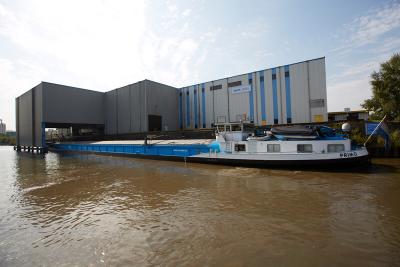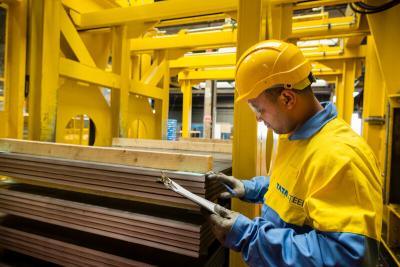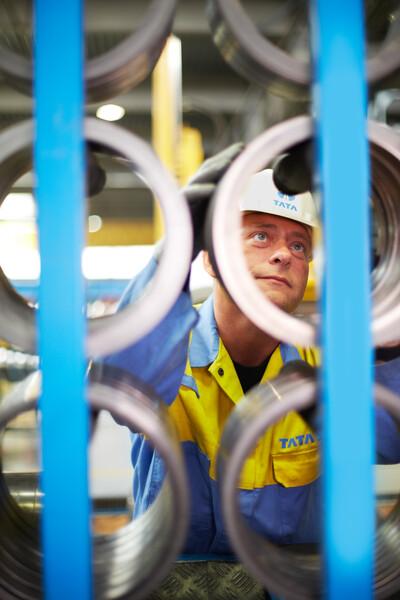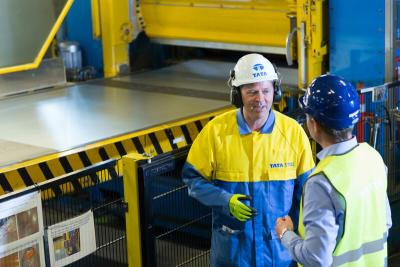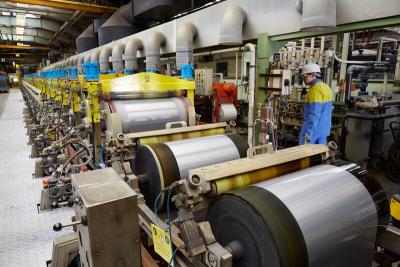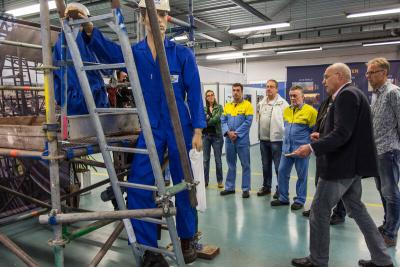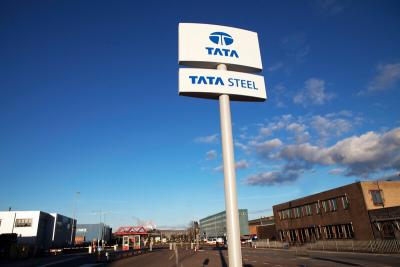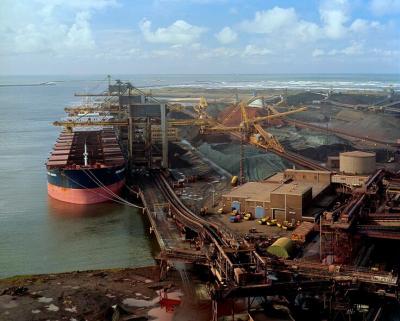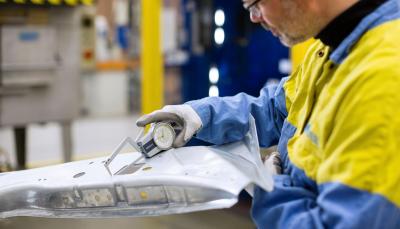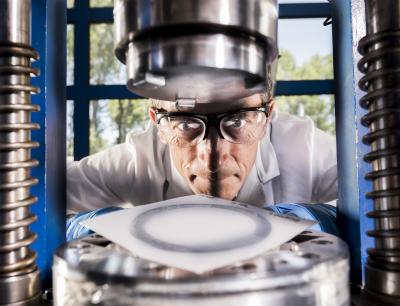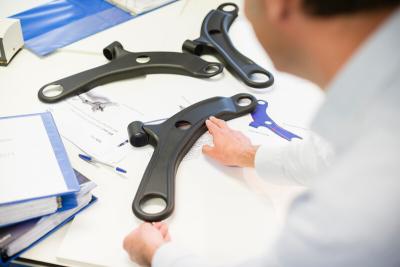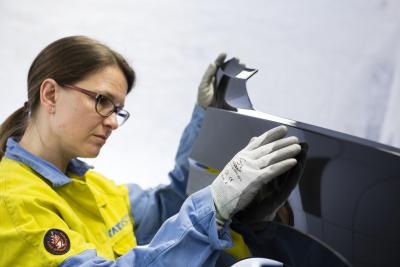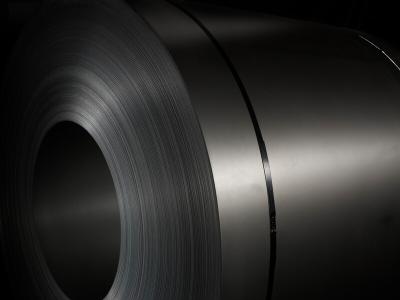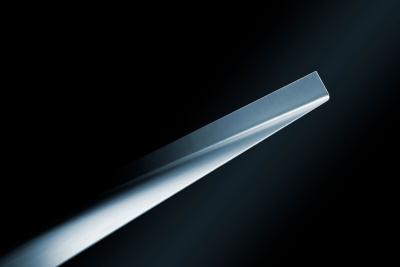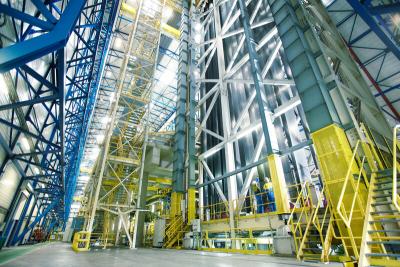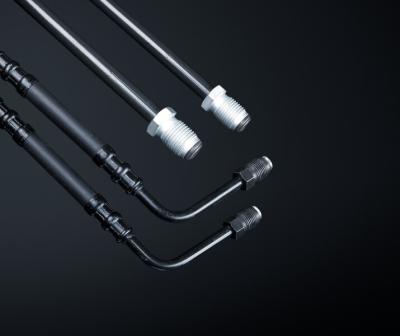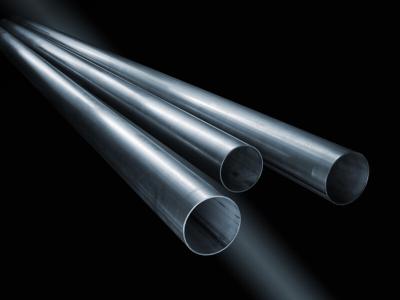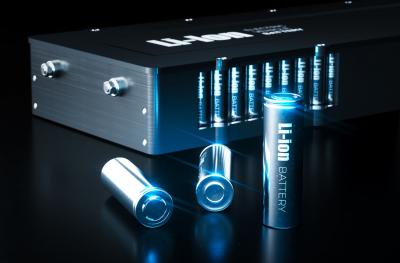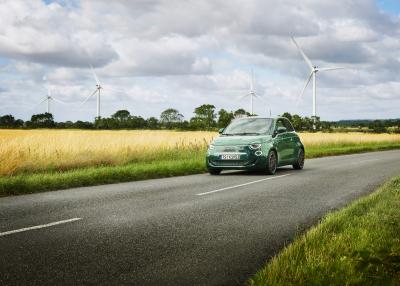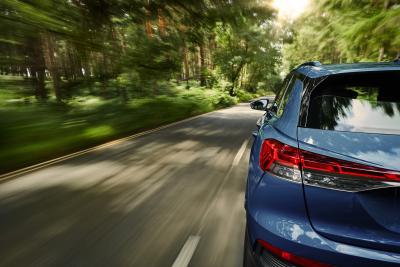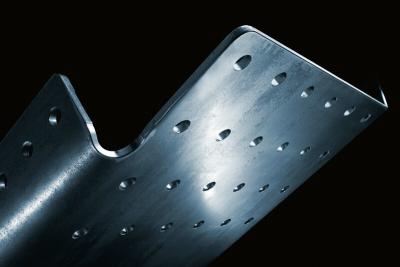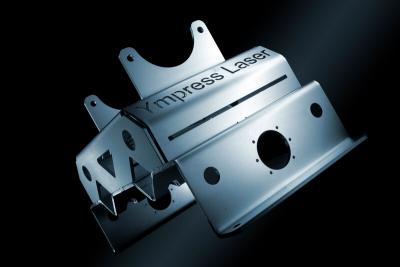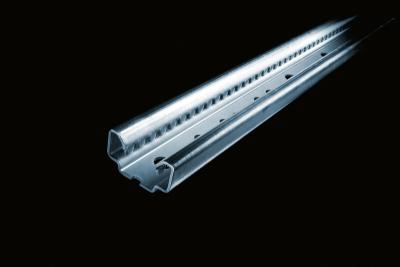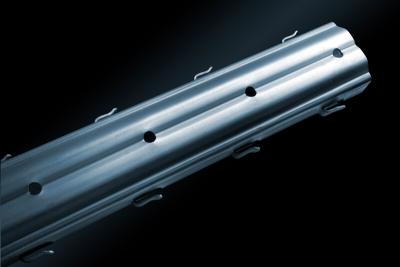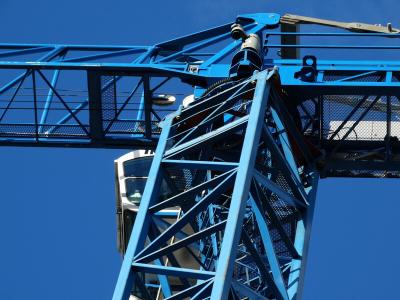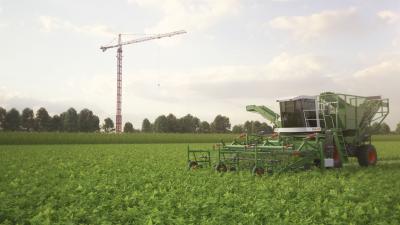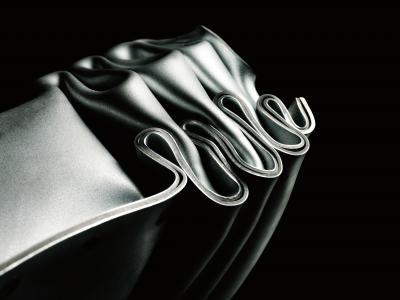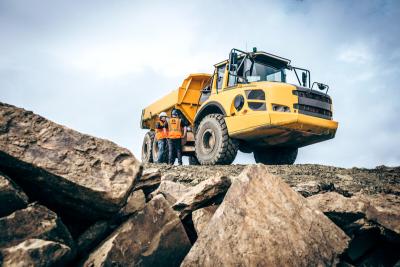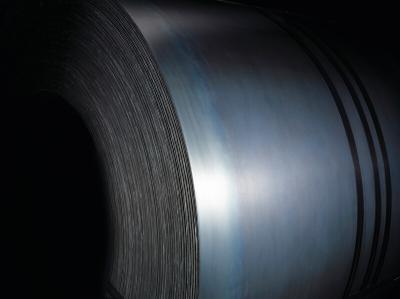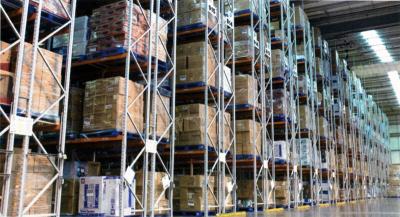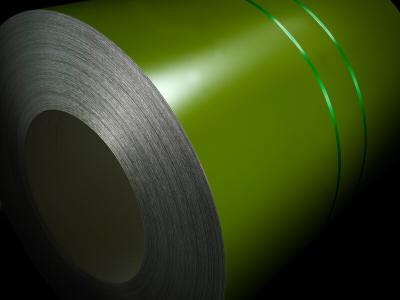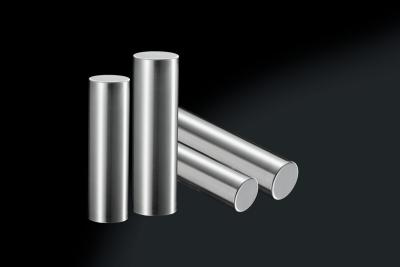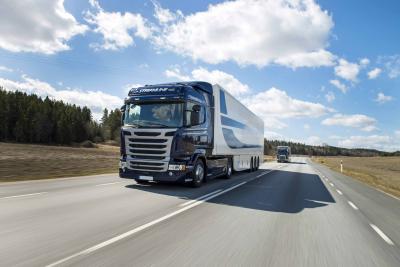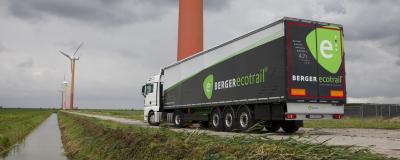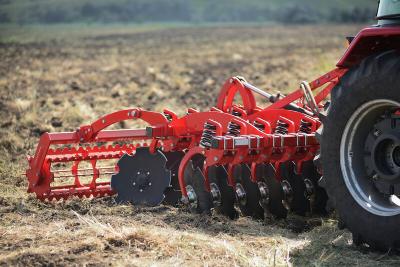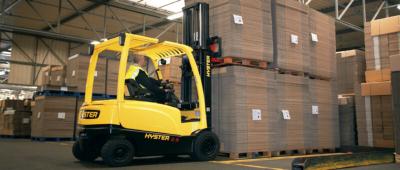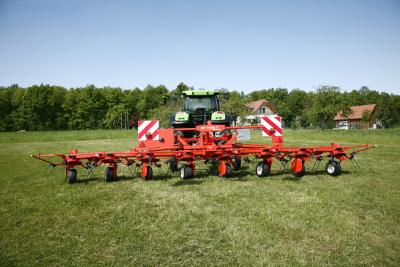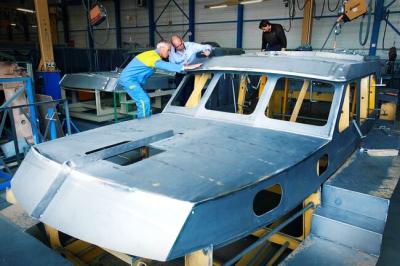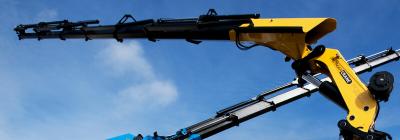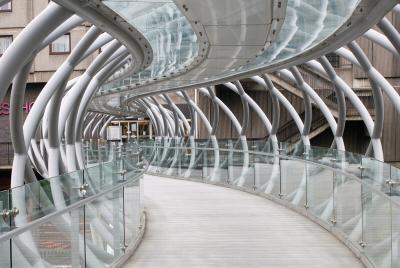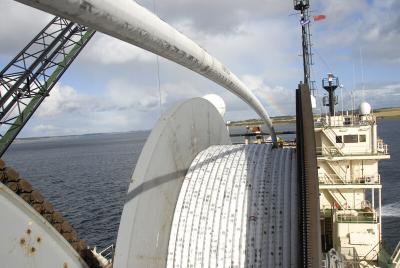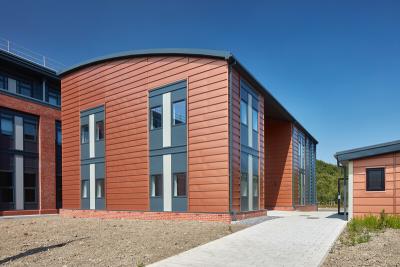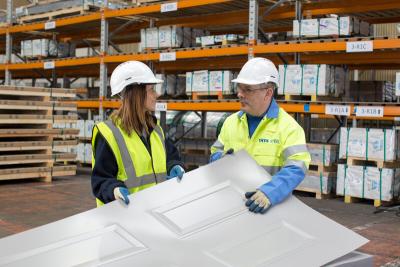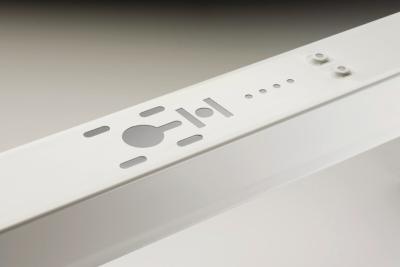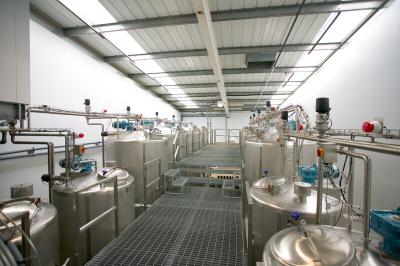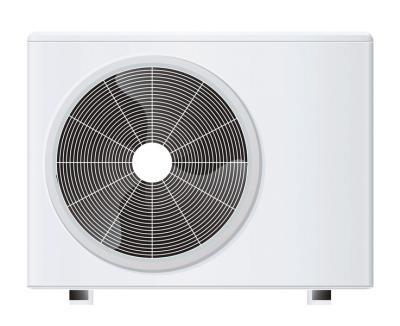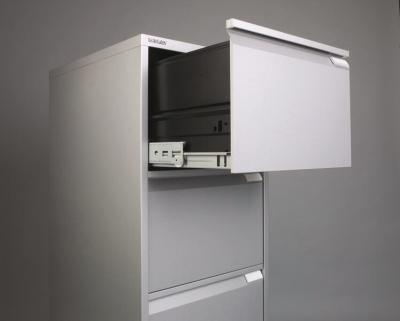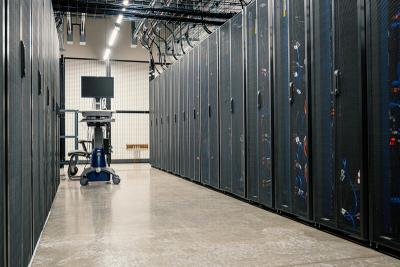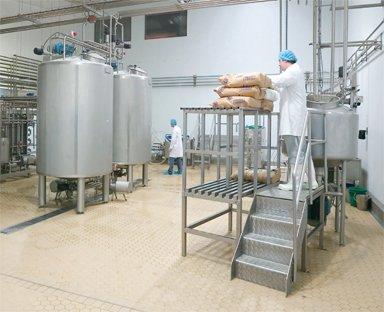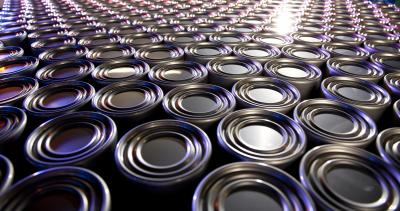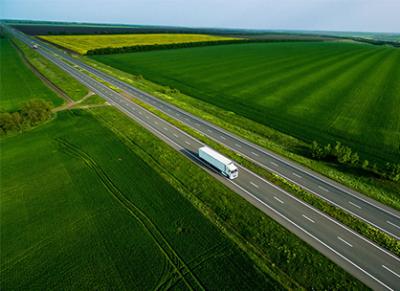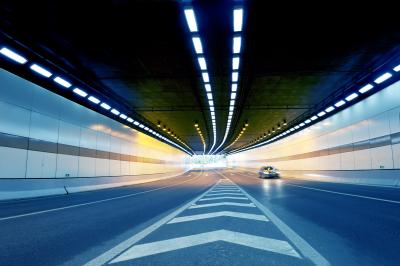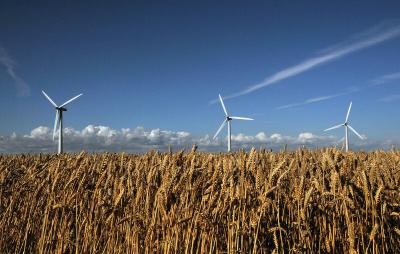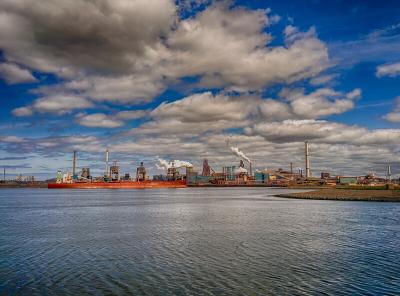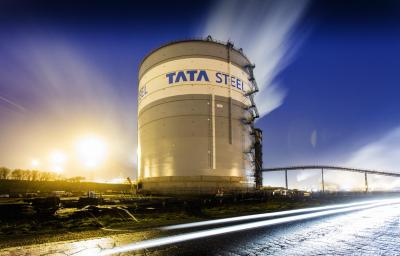Everyone wants to play their part, however small, in protecting the planet for future generations.
But we all still have to live and work in the modern world with its work, family, social and financial considerations.
That usually means needing access to at least one car for most households. Car buyers look closely at running costs and most assume a fuel-efficient vehicle will also be the ‘greenest’.
However, this is a measure only of the potentially harmful emissions a car could produce when driven from A to B. It doesn’t measure the environmental impact of making the car, or the impact it could have once you are bored of the colour or need to update it and start looking for something new.
Don’t worry though - sustainability has long been a crucial topic in the automotive industry. Making cars lighter while retaining safety, the development of electric vehicles and responsible production are important items on the sustainability agenda of carmakers.
This is where Tata Steel sets itself apart from other steelmakers by cooperating closely with carmakers. The aim is to create a sustainable ‘value chain’ and contribute to carmakers’ sustainability plans.
Thankfully drivers too are becoming increasingly environmentally conscious and want to drive a truly sustainable car. Not everyone can afford an electric car yet. However if cars emit less when they are built, when they are driven and when they are finally scrapped then carbon footprint of the car itself becomes increasingly important as a buying decision.
Major carmakers are seeing and responding to this. BMW, for example, expects its suppliers to commit to its high sustainability standards: “Our understanding of sustainability is not limited to reducing the emissions of our vehicle fleet. Our sights are focused on the entire value chain.”
Volvo meanwhile says: “We realise that electrification alone is not enough, and so our climate ambitions go beyond radically reducing tailpipe emissions through all-out electrification. We will also tackle carbon emissions in our manufacturing network, our wider operations, our supply chain and through our approach to recycling and reuse of materials.”
Three key points play a role here: responsible business, developing a circular economy in which material are made, used and recycled and the reduction of CO2 emissions. To this end, Tata Steel works intensively with customers, suppliers and other partners, allowing the company to make short-term improvements in various ways.
Our carbon emissions from steelmaking are already heading in the right direction. In fact we have achieved a 20% reduction in the last two decades. This makes us one of the most CO2 efficient steelmakers in the world but we are getting close to the physical limits of what is possible with existing technology.
This is why we are looking at a range of new steelmaking technologies as well as things like carbon capture storage and usage. All of these have the potential to bring a further step change in lowering emissions.
At Tata Steel we also pay close attention to the way steel fits into a circular economy and we have great credentials to build on. Steel is a material which is used again and again, infinitely, and should never go to waste. More than 98% of automotive steels are recycled, meaning new steels produced are already helping reduce CO2 as the material will just be used again and again. This is a key benefit of steel which is not the case with many other materials.
Nick Silk, Advanced Technology Manager and Sustainability Lead for Automotive at Tata Steel, said: “It’s not just about what comes out of the exhaust pipe as the car drives, it’s about the entire cycle in the creation of the car itself.”
We call this the Life Cycle Assessment, and we show manufacturers how and where CO2 is released: from the extraction of raw materials, in production processes, to the transport of steel to the customer.
Nick added: “By making this transparent and by showing our customers how we approach this systematically, we help them become more sustainable.
“The more efficiently we handle and make materials, the more sustainable we can become.”
When we at Tata Steel create the premium steels required for the car industry we are often asked to protect it with a layer of oil. Even something as simple as this gives us the ability to look at how we can reduce the impact on the environment while still giving the customer the products they demand. In addition, we develop high-grade steels with a longer service life; steel that, for example, is optimally resistant to corrosion. Material which lasts a long time means the product can last longer and is more sustainable. These are all steps we take together with our customers.
Nick added: “Our customers expect us to procure raw materials responsibly and to be transparent about our supply chain. They want to know how our suppliers manage safety, health, integrity and human rights. By means of certification, the customer gains complete insight in this. This framework already existed for the construction sector, but is now also available for automotive. This sets us apart from other steel companies.”
Sustainability is also a top priority for Tata Steel and we are working on our own sustainability ambitions aimed at a CO2-neutral future. We are aiming for CO2-neutral steel production by 2050, by focusing on a mix of breakthrough developments, including the capture, use and storage of CO2, the use of hydrogen and HIsarna technology.
-ends-
For further information: Damien Brook on +44 (0)7818 588545 or damien.brook@tatasteeleurope.com
About Tata Steel’s European operations
Tata Steel is one of Europe's leading steel producers, with steelmaking in the Netherlands and the UK, and manufacturing plants across Europe. The company supplies high-quality steel products to the most demanding markets, including construction and infrastructure, automotive, packaging and engineering. Tata Steel works with customers to develop new steel products which give them a competitive edge. The Tata Steel group is among the top global steel companies with an annual crude steel capacity of 34 million tonnes. It is one of the world's most geographically-diversified steel producers, with operations and a commercial presence across the world. The group (excluding South East Asian operations) recorded a consolidated turnover of US $19.7 billion in the financial year ending March 31, 2020.
